I read a lot of books, but these have been the most impactful (last update 16 April 2019).
I hope they might help you in some way as well, enjoy.
Please give me your book recommendations!
Games of Strategy - Avinash K.
I always had an interest in Game Theory, but never the courage to actually take on a detailed book about it.
Game Theory is best known because of the film "A Beautiful Mind", which is the dramatised life story about the professor gone mad John Nash. However the filmmakers have done a terrible job in portraying John Nash's work, now that I finally think to understand it.
Basically, game theory is the mathematical modelling of game situations (where 2 or more "players" play a game with predefined rules, with the goal of maximising their payoff).
It is a useful framework to understand the world. Of course you can use it to understand checkers, but you can apply it as well to cooperation in biology, negotiation in business, etc.
What's also interesting is that the books does a fine job in pointing out the influence of people's irrationality in their decision making and evaluating potential outcomes.
Good book, but takes a while.
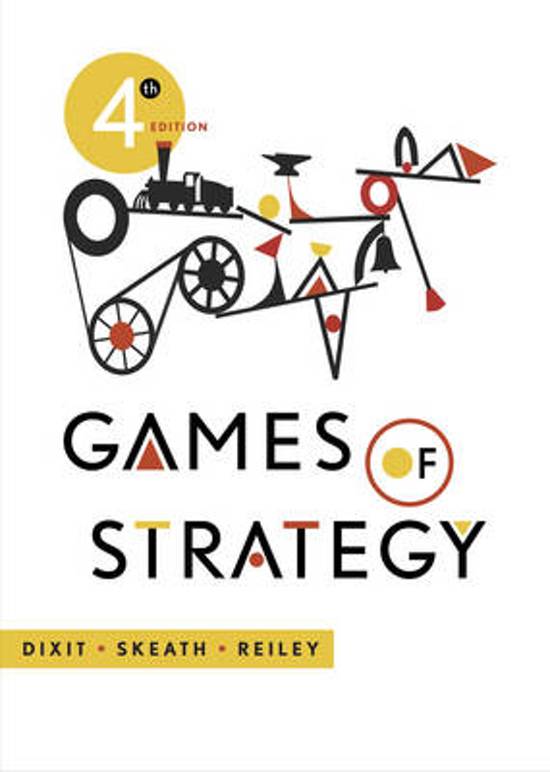
The Dilbert Principle - Scott Adams
This one is in a category of its' own. The creator of the infamous Dilbert comics, has written a guide about the workplace, based on his own experience.
It is full of non-sense of course, but the situations are very recognisable, and are often wonderfully accurate. It's full of truths everybody is thinking, but nobody wants to be saying.
In general, it's a book that lets you see your workplace afflictions, whatever they may be, in context.
It basically comes down to this: bullshit is everywhere, if you are good at it and disregard ethical concerns, the road to success is paved for you.
(The name of the book is based on "The Peter Principle", a management theory that states that people are promoted to their level of incompetence.)
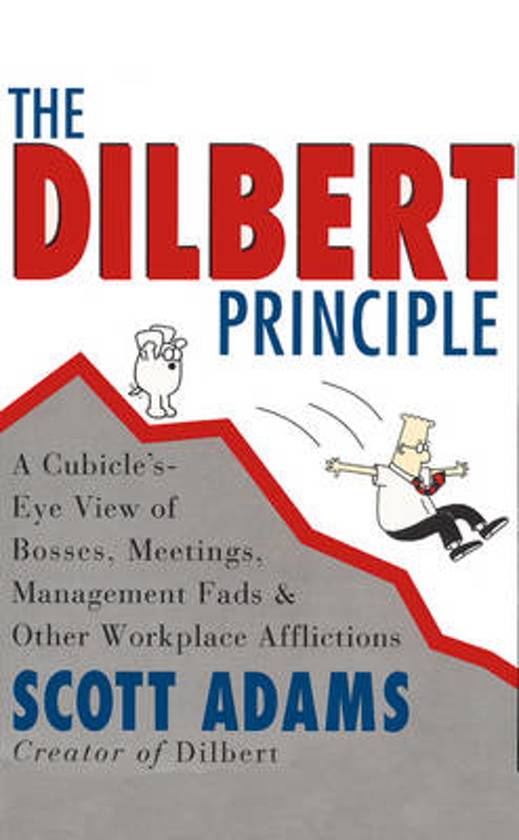
The voyage of the Beagle - Charles Darwin
This one surprised me. To give some context. I was cycling for about 3 months through Patagonia, and ended up at the Beagle Channel, so I had no other option than to read the legendary journey of Darwin traversing it with captain Fitz Roy.
But man, he is one racist f*cker. Consider this quote, where he describes the "Fuegians", the indigenous culture of Tierra del Fuego:
"These poor wretches were stunted in their growth, their hideous faces bedaubed with white paint, their skins filthy and greasy, their hair entangled, their voices discordant, and their gestures violent. Viewing such men, one can hardly make oneself believe that they are fellow-creatures, and inhabitants of the same world. It is a common subject of conjecture what pleasure in life some of the lower animals can enjoy: how much more reasonably the same question may be asked with respect to these barbarians! At night five or six human beings, naked and scarcely protected from the wind and rain of this tempestuous climate, sleep on the wet ground coiled up like animals.”
Imagine saying this in these political correct times? You'd get a social media crucifixion.
However, this made the book the more interesting, and shows the publicly accepted mindset back then, as well as how every glorified genius has a dark side.

The Psychedelic Explorer's Guide - James Fadiman
Having recently experimented with Ayahuasca, a psychedelic plant used therapeutically in the Amazon for hundreds of years, I just had to read more about the science of psychedelics.
I'll make a big long blog post about my Ayahuasca experience once I can finally convert it into words.
Anyway, there's a lot of misconception about psychedelic drugs, for which the media is partly to blame. For instance, I wish I had recorded the reactions of people when I said I had taken Ayahuasca. The unjustified bias associated with psychedelics is mindblowing, yet we seem to be widely accepting of a way more dangerous drug we consume on a weekly basis, alcohol.
This book goes into detail on the fact vs fiction on psychedelics, and how sometimes, given the right setting and guidance, they can help people out of years of depression or PTSD. It also elaborates on what to expect, and how to do it responsibly.
Did you know that an MDMA based drug (microdose) right now is pending FDA approval to be used on patients with treatment-resistant depression, making them see life from a different angle for the first time in years?
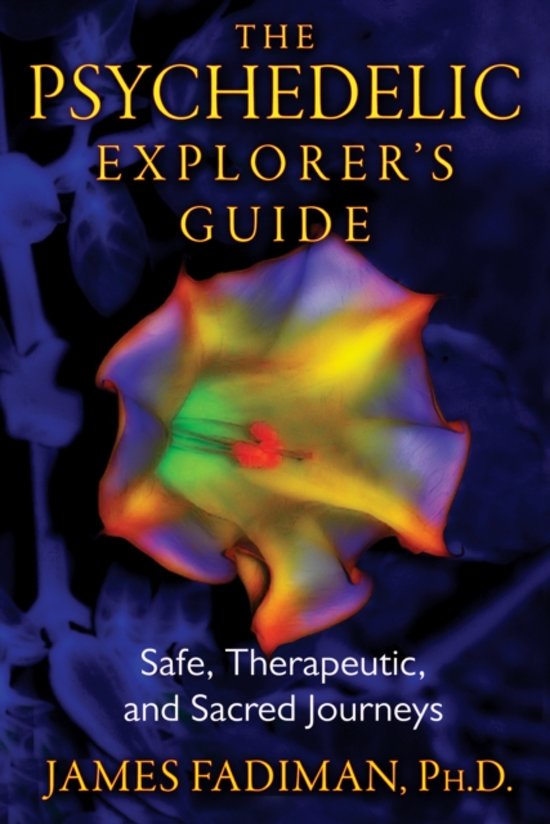
Deep medicine - Eric Topol
Goes into detail how AI is, and will continue to, impacting healthcare. The book is full of scientific references but none the less takes a very human approach. It poses an interesting question: will AI make doctors more empathic again, giving trust to computer algorithms to do their work for them (in an often better way)?
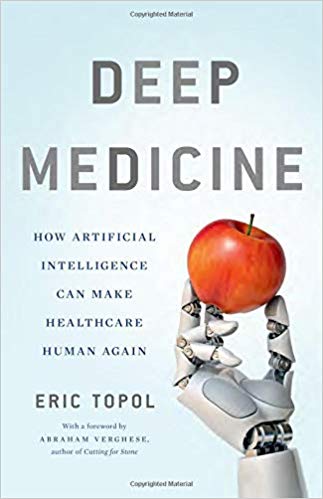
The book of awesome - Neil Pasricha
The author of the somewhat overanalytical but to the point book "The Happiness Equation" made this awesome book. It's mainly just a collection of the little things in life that bring 90% of the joy, based on his blog he created earlier.
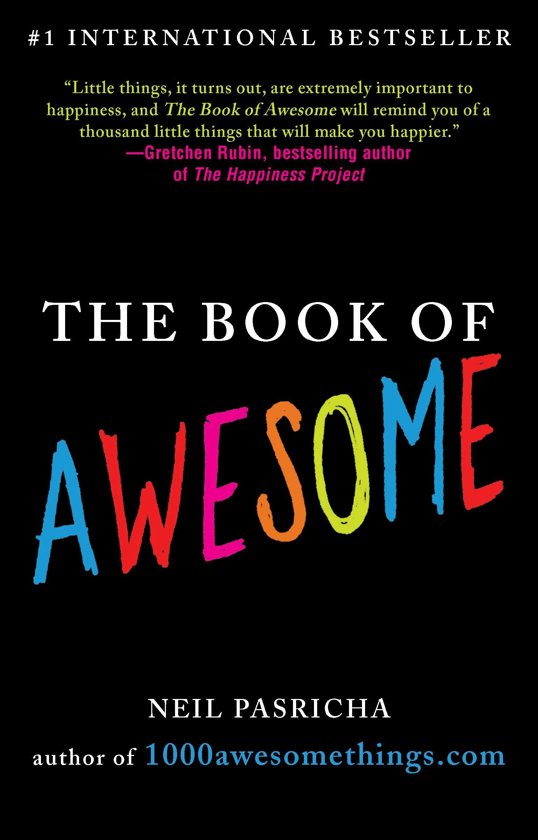
Why meditate? - Matthieu Ricard
The writer is a really interesting guy. He worked as a scientist in the prestigious Pasteur institute. Then decided to give it all up and become a Buddhist monk in Nepal.
He has a very analytical view about meditation (even about the link between the mind and quantum mechanics), and it's a breath of fresh air to read about this subject from a more scientific angle.
First he convinces you that meditation might not be such a bad idea, even though you might think you have absolutely no time for this, because obviously you are so important and busy the entire time.
Then he also provides some example meditations, with a main focus on compassion and altruism. I found this very inspiring, because the majority of meditations focus on being aware of the self etc, whilst I believe that people who need meditation should just be focussing on themselves as little as they can.

Ego is the Enemy - Ryan Holiday
It is quite hard to define "ego". If you would ask 100 people you'd get 150 different answers.
To be clear, the author's definition is the following: ego = an unhealthy belief in your own importance, the need to be recognised beyond reasonability, arrogance, putting your own motives before all else.
Ideally you should be humble in your aspirations, gracious in our success and resilient in our failures.
In my opinion, the being humble is the most important part. As Leonardo Da Vinci is said to have said: "you can do what you want, or want what you can do". The moment you want something, you immediately create a lack as well. Ego crosses out what matters and replaces it with what doesn’t.
In terms of success, those who have accomplished the greatest results are those who never lose self-control, but are always calm, self-possessed, patient, and polite. A person who thinks all the time has nothing to think about except thoughts, so he loses touch with reality and lives in a world of illusions.
Lastly, failure. Denial is your ego refusing to believe that what you don’t like could be true. That pretty much sums up why we are so afraid of doing the right thing. We should instead do the right thing and not worry wether the right thing actually will happen. Focusing on doing your best, what you find most fun, what gives you most purpose. And to hell with the results.

Chris Hadfield - A astronaut's guide to life on earth:
I have always been interested in space, and our capability as a species to work together to go beyond our planet. To be honest, as a kid, I wanted to become a astronaut. However, somehow along the way, maybe because of uncertainty, I kind of stopped pursuing this as a realistic goal.
This book gives really good life lessons based on the author's experience as a astronaut. NASA teaches them to "work the problem", a kind of Stoic approach of not getting emotional and going through all the options you have available.
I also like the idea that when you look down on earth, you seem to feel like you really don't matter.
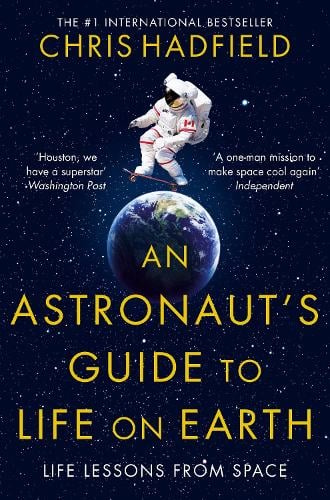
Free will - Sam Harris:
My favourite podcast host is also an excellent author. It is an interesting idea, the fact that we are the result of neurons firing in our brain, which is basically just a series chemical reactions.
When you start to think about it more, it starts to make sense that we don't seem to really be in any kind of control. I don't know about you, but I am not able to tell my carbon atoms what bonds they should be making today.
